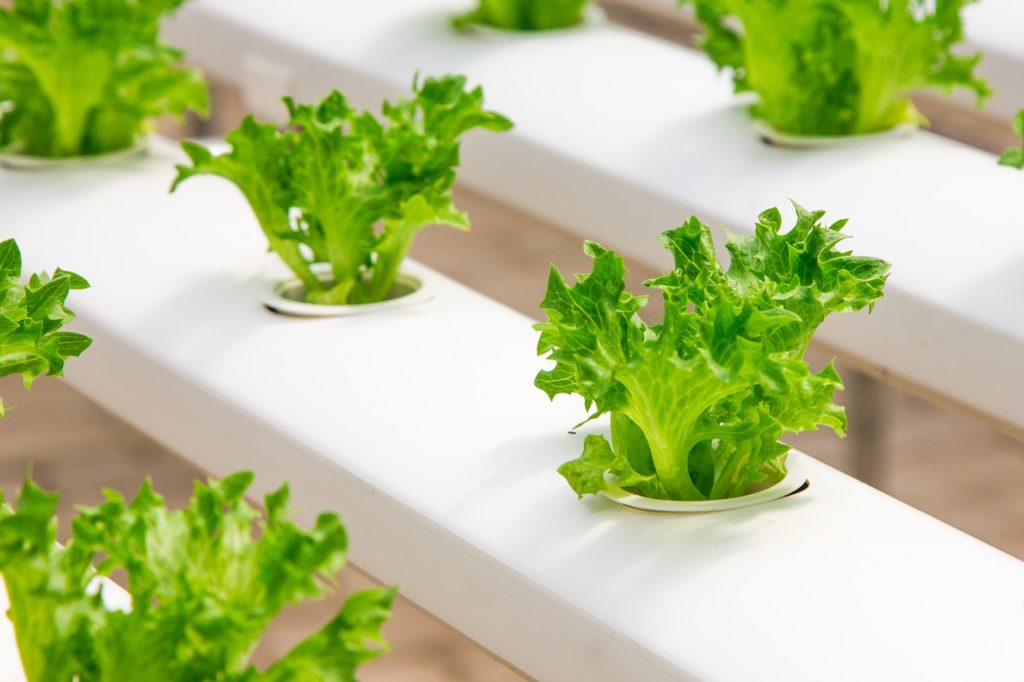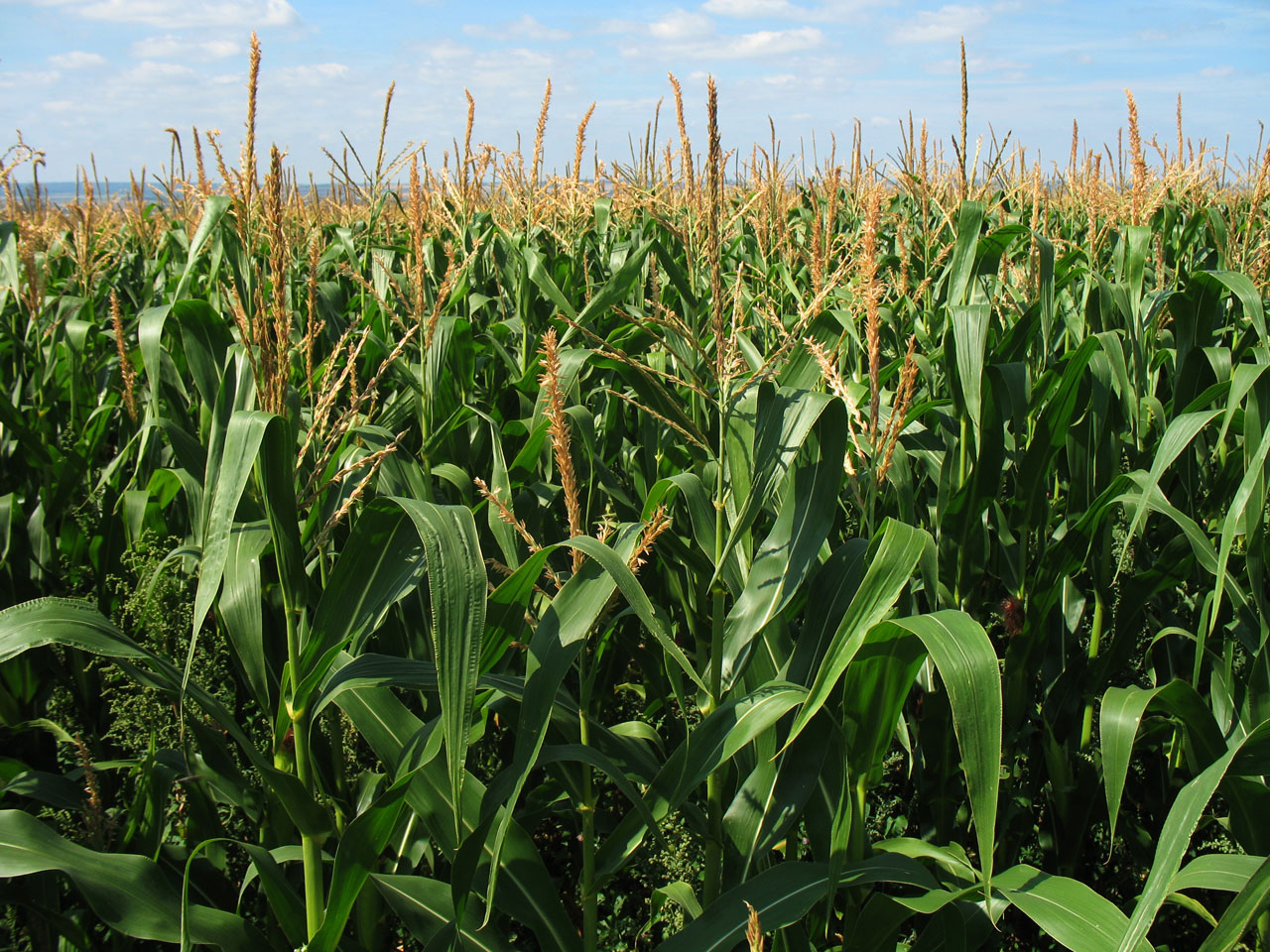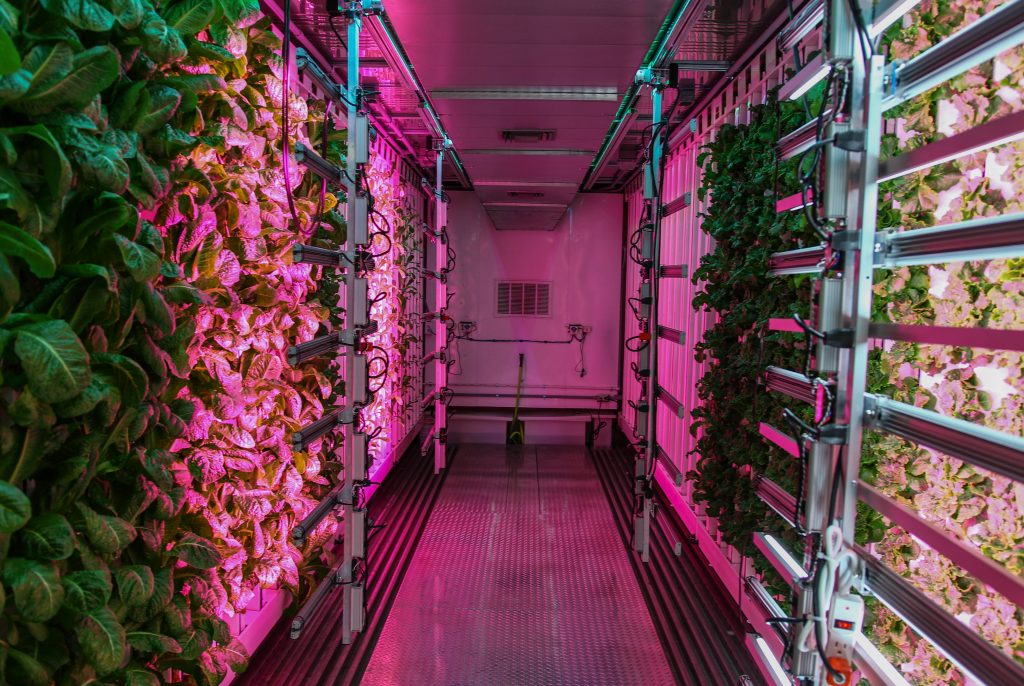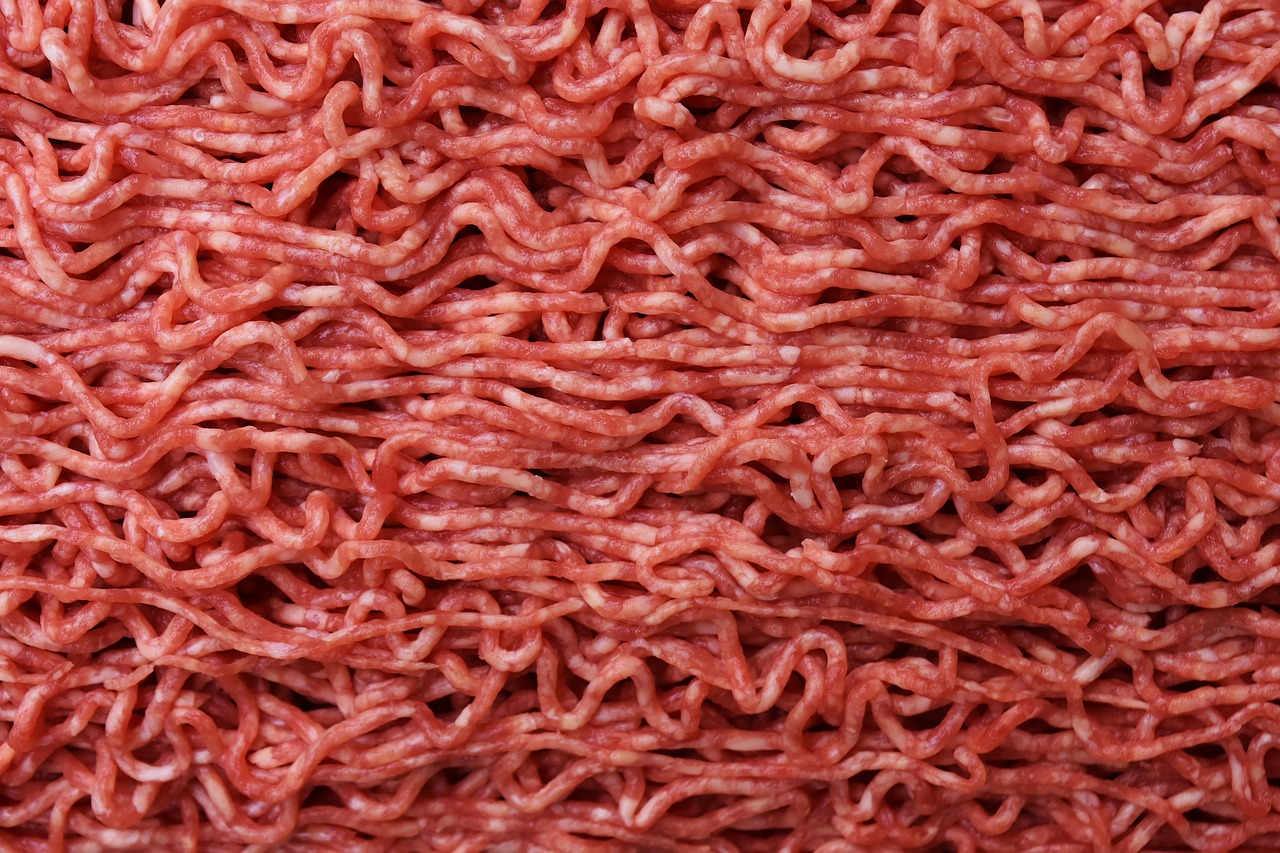Hydroponically developed produce seems to be a growing modern-day farming trend, but should hydroponic growers be able to make the same claims as organic farmers who grow their fruits and vegetables in soil?
According to a report from The Cornucopia Institute, an organization that supports economic justice for family-scale farming communities for local organic, and authentic food, say there is growing concern that industrial labs are producing hydroponically grown vegetables and labeling their produce as organic.
Hydroponically grown fruits and vegetables are produced using mineral or liquid-based fertilizer in water, as opposed to traditionally-grown crops that gain their nutrients through soil.
Mark A. Kastel, the Executive Director of The Cornucopia Institute, states that there is rapid growth in the food industry, with more crops being cultivated in artificial settings. However, this innovation isn’t always a good thing.
“This is especially egregious in the production of organic food, as consumers are willing to pay a premium based on published research indicating true organic management practices result in nutritional superiority and flavor,” said Kastel.
The report has heightened concerns about the United States’ lack of legislation prohibiting organic labeling among hydroponically grown food. This is illegal in countries that the US shares borders with such as Canada, and Mexico. The European Union has even voted in favor to ban a select number of Northern European countries from labeling their hydroponic leafy greens as organically grown as well.
In the United States, there are currently no regulations under federal law that promote the use of labeling in regard to hydroponically grown produce, preventing consumers from being able to identify which fruits and vegetables are produced from natural soil and which are grown through hydroculture. The study further states that there is no current protocol established by the US Department of Agriculture’s (USDA) organic sector to regulate how hydro and aquaponic industrial labs operate.
The Federal Trade Commission (FTC), an independent government agency with the duty to preserve consumer protection, is the only government agency in the US which defines what classifies as organic indicating.
“Organically grown food is produced on humus-rich soil whose fertility has been maintained with organic materials and natural mineral fertilizers,” says the FTC. “No pesticides, artificial fertilizers or synthetic additives are used in the production of organic foods.”
Furthermore, The National Organic Program (NOP), which helps regulate within the USDA’s agriculture framework, has never issued a mandate on hydroponic farming as organic, although 16 alternative accredited certifying agents (ACA), which are key leaders in judging the USDA’s organic standards, have approved hydroponic farming as being so.
Dave Chapman, an organic greenhouse farmer based in Vermont, is fighting to maintain the importance of soil in organic growth.
“Every effort is being made to confuse this issue in the minds of consumers,” said Chapman. “To everyone in the greenhouse industry, ‘hydroponic’ is a term used to describe growing plants by supplying most of their nutrition in a liquid, plant-available solution, whether in a container or in a water-filled pipe.”
This is not the same process plants gain their nutrition from through soil in a natural environment and violates principles that are respected by the organic farming community.
The Cornucopia Institute is further making strides to impact policy on labeling hydroponic fruits and vegetables by assembling proxy letters and sending them to food retail stores in hopes of persuading US grocery outlets to use in store-labeling.
“With hundreds of millions of dollars’ worth of venture and equity capital being invested in industrial-scale greenhouses the size of football fields, parking lots filled with thousands of containers with drip irrigation, or ‘vertical farms’ in cities, consumers and wholesale buyers need a way to discern which certified organic fruits and vegetables are truly nutrient-dense and produced according to the law,” said Kastel.
But in the meantime, it looks like the indoor farming industry will not be slowing down anytime soon, with Bowery, an indoor farm start-up company located in New York City, having just raised $90 million in its series B funding process, thanks to the help of Google Ventures and Dara Khosrowshahi, the CEO of Uber.
This brings the vertical farming company’s total number in funds raised to $117.5 million, which includes a previous $20 million raised in its series A funding round from 2017.
According to Bowery, its industrialized farming is the world’s most progressive, with the help of its newest software systems known as “BoweryOS” which optimizes crop growth through a software that measures the growing process of hydroponic fruits and vegetables using robotic and computer led algorithms.
Companies like Bowery note that the growth of soilless crops in industrial labs through advanced technology has its perks, with industrial farmers having the luxury of being able to calculate the precise amount of water, sunlight, and other necessities needed to create the perfect product. Lab-based agriculture also saves money in regard to watering and transportation expenditures that are high costs for regular farming.
With that being said, energy costs are still a rising issue with vertical farming, as it favors the use of LED lighting and other technologies for growth.
Despite both sides having their own disadvantages and benefits, the conversation continues as to whether hydroponic products are capable of being a reliable organic alternative that carries the same legitimacy as conventional farming.












Join or login to leave a comment
JOIN LOGIN